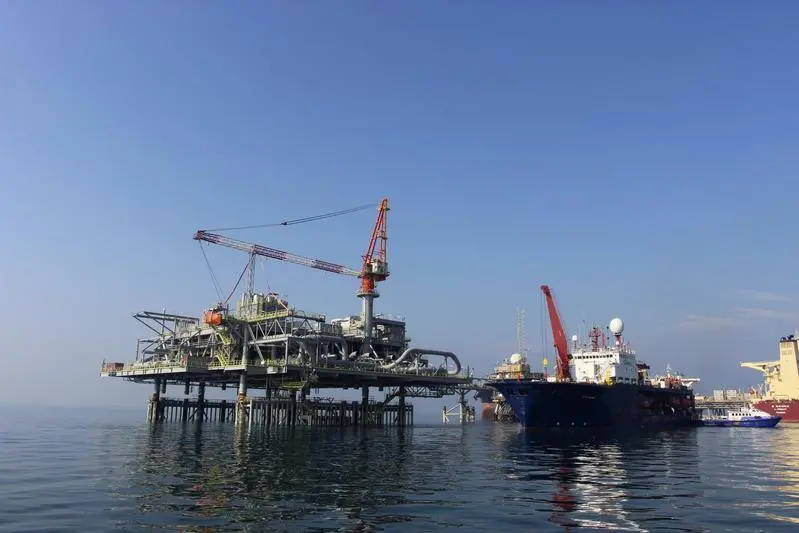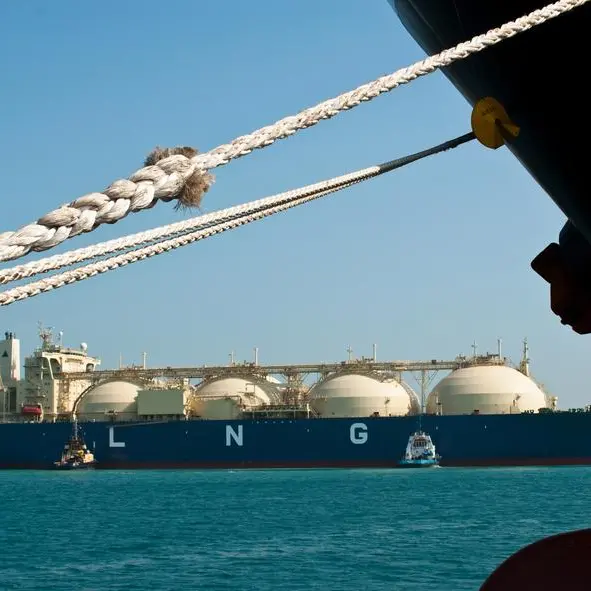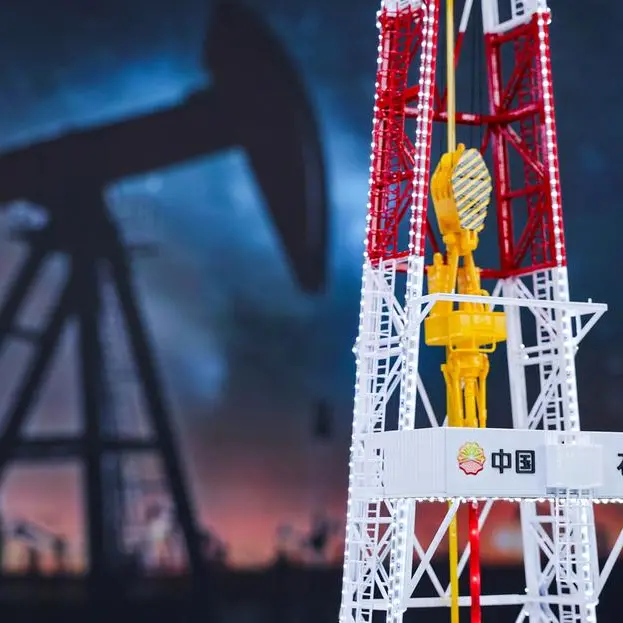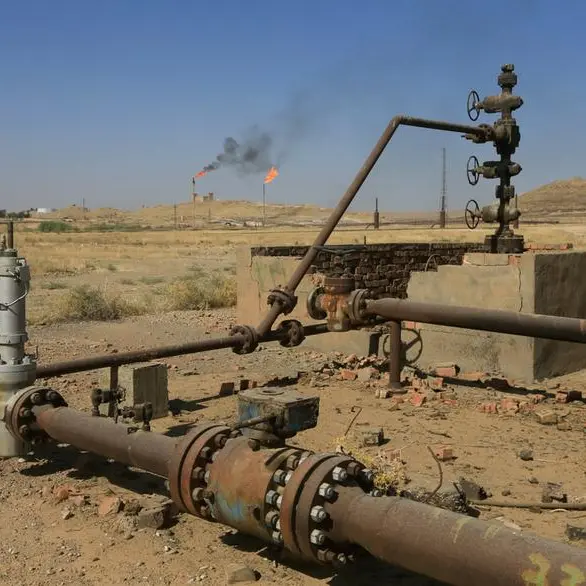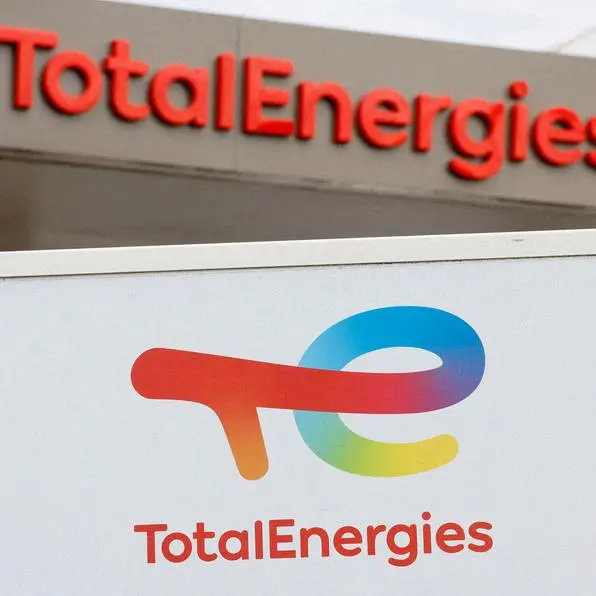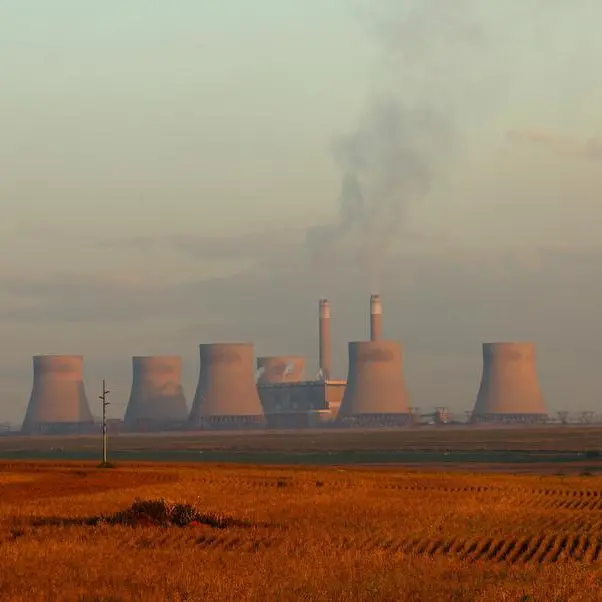PHOTO
OPEC oil producer Iraq netted nearly 67 percent of its budgeted revenues from oil exports in the first eight months of 2023, and this could allow it to fund projects and eliminate the oil deficit, a well-known Iraqi energy expert has said.
An Iraqi presidential adviser also appeared optimistic that Baghdad will be able to trim the deficit and secure sufficient funds for planned projects.
Nabil Al-Marsoumi, an energy professor at Maaqal University in the Southern Basra city, estimated Iraq’s oil export income at $61.3 billion in the first eight months against forecasted 2023 budget revenues of nearly $90 billion.
In a post on his Facebook page at the weekend, Marsoumi said if oil prices remained above $85 a barrel until the end of 2023, Iraq could achieve oil export earnings of $34.8 billion in the remaining four months of the year.
He said this means that total oil revenues could exceed $96 billion and there will be a surplus in budgeted crude export earnings of about $6 billion.
Iraq’s parliament in June approved a record spending for 2023 of around $153 billion with a forecast deficit of nearly $49 billion.
Marsoumi said the oil deficit could disappear while the total budget shortfall could be cut with the addition of non-oil revenues.
In statements on Sunday, Presidential adviser Mudhar Saleh said Iraq would be able to slash the shortfall and at the same time, secure sufficient funds for projects in case oil prices averaged more than the budgeted $70 oil price through the year.
“What matters is that the average oil price during the fiscal year remains above the $70/barrel price assumed in the budget…there is no doubt that this will bridge the fiscal gap and allow the government to honour its commitments to development projects,” Saleh told the official Iraqi news agency.
Saleh expressed optimism about oil prices in 2024 on the grounds countries in the Northern hemisphere are preparing to build stocks in winter and this will spur demand for oil, adding that crude prices would also be strengthened by the continuation of the Ukraine war and the policy of OPEC Plus producers to defend prices.
(Writing by Nadim Kawach; Editing by Anoop Menon)
Subscribe to our Projects' PULSE newsletter that brings you trustworthy news, updates and insights on project activities, developments, and partnerships across sectors in the Middle East and Africa.
